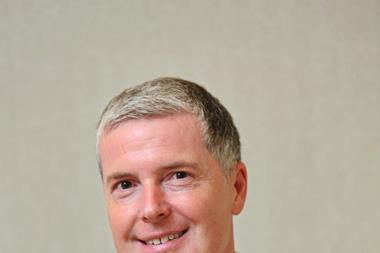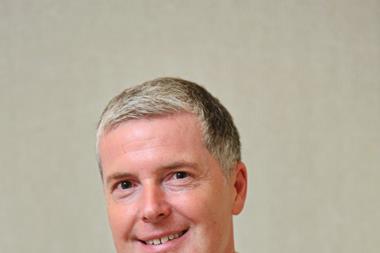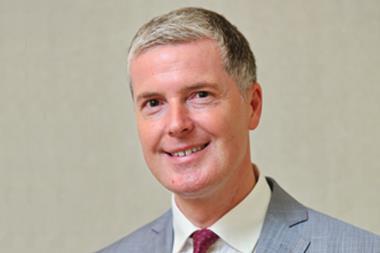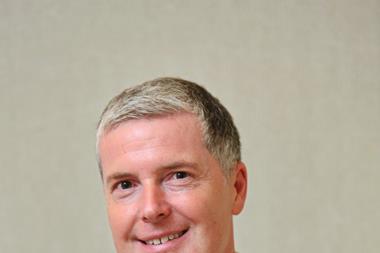Mike Jones asks: is our culture creating a world that has left an entire generation with a failure to realise what risk is about?
The playwright, poet and wit Oscar Wilde was well versed in the concept of risk – preferring the thrill of a precarious rather than vicarious existence.
“An idea that is not dangerous is unworthy of being called an idea at all,” is one of the more famous quotes attributed to Wilde. While Wilde may have written these words more than a century ago there is an implied logic to them which is unlikely to be lost on businesses today and risk managers in particular.
In its strictest defined form, risk represents both threats and opportunities and the risk appetite of a company is a key determinant of potential financial returns and profitability.
When risk is managed correctly, the greater the threat the larger the potential reward – but the likelihood of failure is raised by similar proportions. So what would happen in a world where the prospect of taking a risk was inconceivable – or, at best, misunderstood?
This was precisely the issue raised by one risk manager at a recent StrategicRISK roundtable on emerging risks. Increased regulation, reputation, supply chain complexity and failure to innovate comprised some of the usual suspects most likely to focus the attention of business and risk managers in the future.
Yet it was another simple but more radical concept that grabbed the attention: was our culture creating a world that left an entire generation with a failure to realise what risk is about? The idea stems from the notion that in recent years millions of children have been shielded by over-protective parents anxious to avoid putting them in situations involving danger in any form. In some instances this might make sense – after all, a child should not need to put their hand into a flame to know it will hurt.
However, in general this over-protection is misguided, failing both the individual it is aimed at and society in general. For example, what if the danger is less obvious than a naked flame but a significant threat nonetheless? How can people comprehend the threat level if they have never been exposed to risk? And if they do not know what that element of risk is, how can they be expected to deal with it effectively?
Indeed, how dangerous is too dangerous?
As with many professions, the most proficient risk managers are often those with the most experience. When an issue arises, even if it is a novel threat, established practitioners can usually develop a response based on previous similar encounters and observations.
Where experience or knowledge is lacking, problems can arise – and in the future these could be compounded by another scourge of the modern age, the blame culture. The ability to learn through our mistakes is at the heart of how individuals, businesses and society develop and grow.
However, without casting aspersions through generalisation, there remains a creeping tendency for many younger people to not take responsibility for their own actions. To many, someone else is always to blame because they have been conditioned this think that way by parents in whose eyes they can do no wrong.
How this attitude could manifest itself when this generation enters the world of work and business gives real cause for concern – particularly when applied to those also unable to comprehend risk.
In addition, there are growing concerns in some quarters, backed by no shortage of research evidence, about the inability of many young people to interact with others. They may well be adept at txt spk, writing emails and social media engagement, yet there is a significant cohort that struggle to hold coherent conversations or are unable to address anyone other than their immediate social group. Dealing with figures in authority is a particular problem.
With youth unemployment a major problem across Europe, it is crucial to get the next generation working before they become lost completely.
This is an issue that needs immediate action from government level downwards. In terms of preparing the mindset of young people for employment, however, the major work begins at home.
The real risk is to do nothing.




















1 Readers' comment